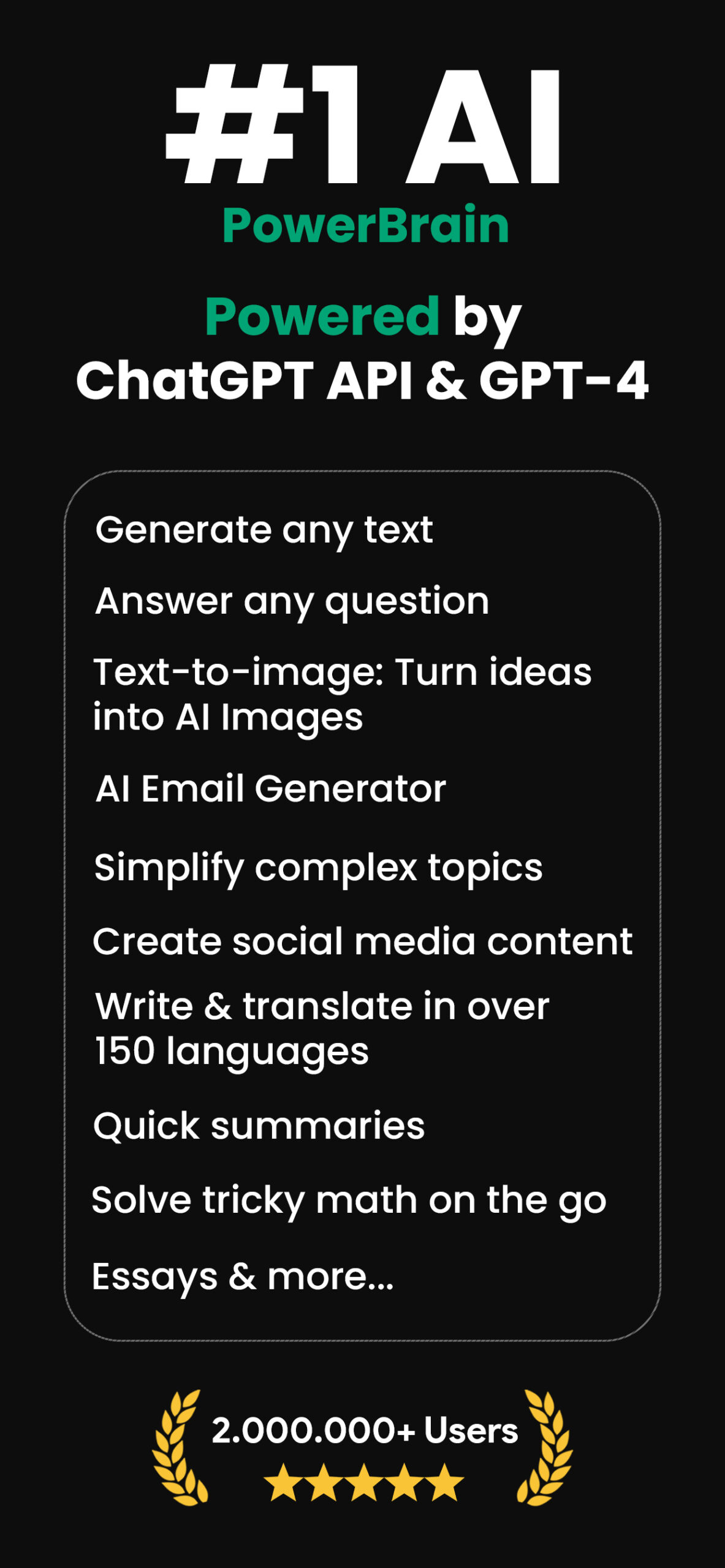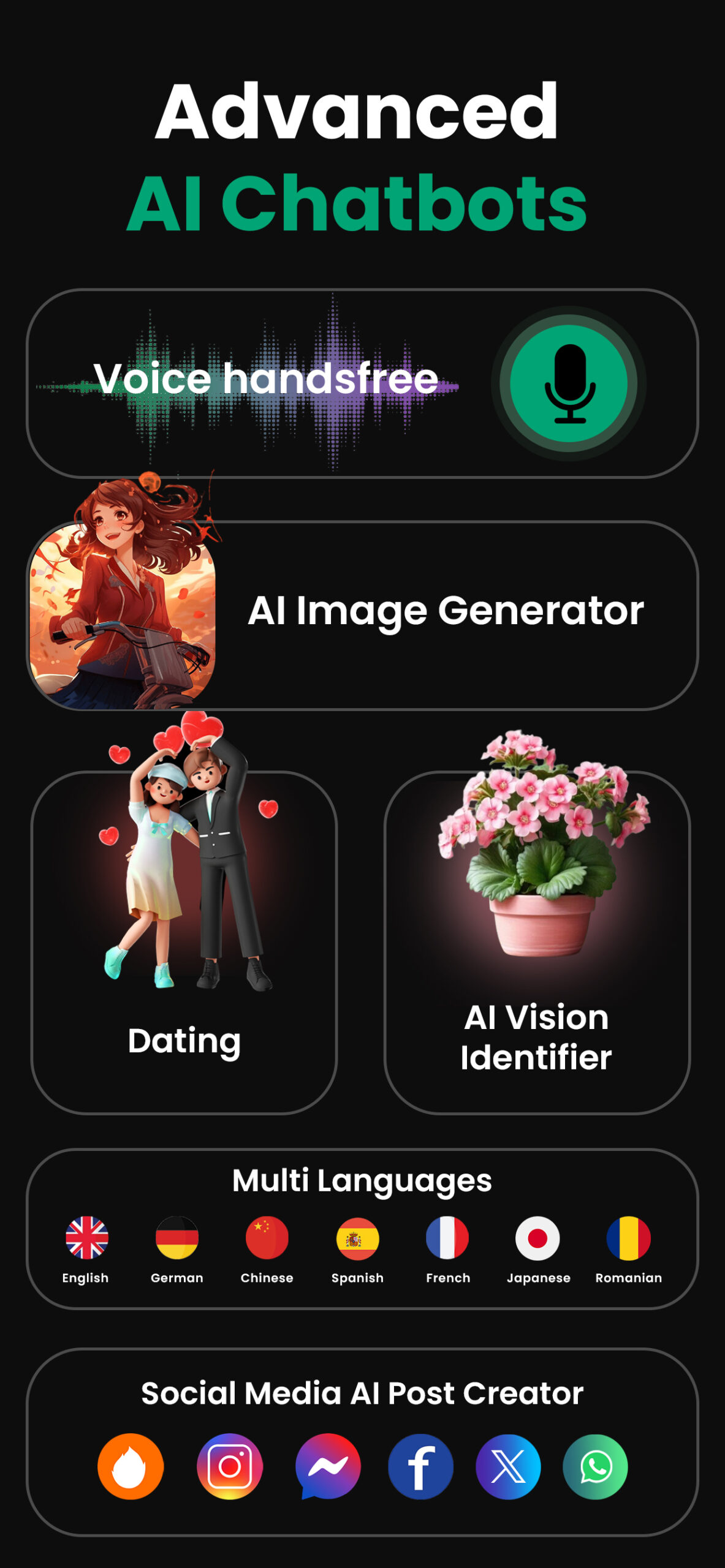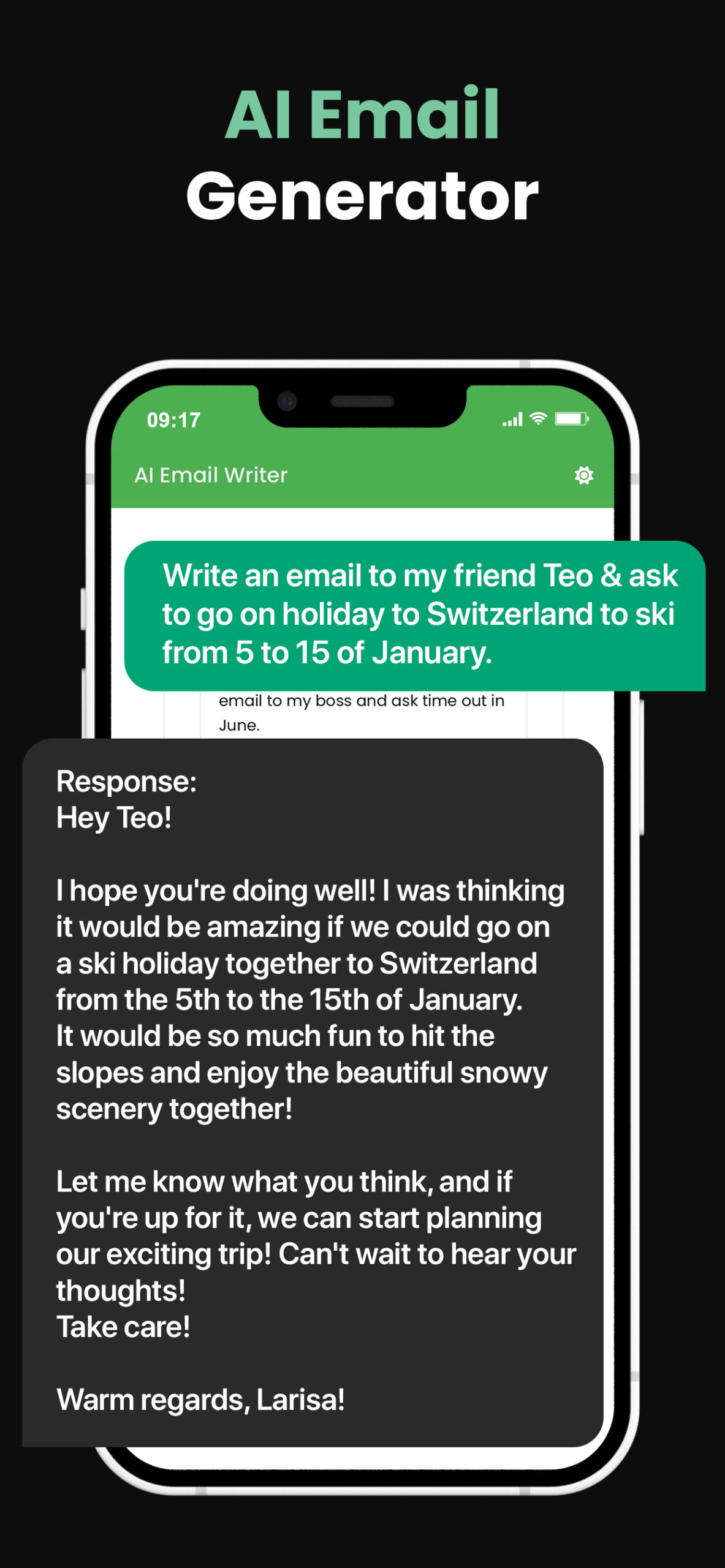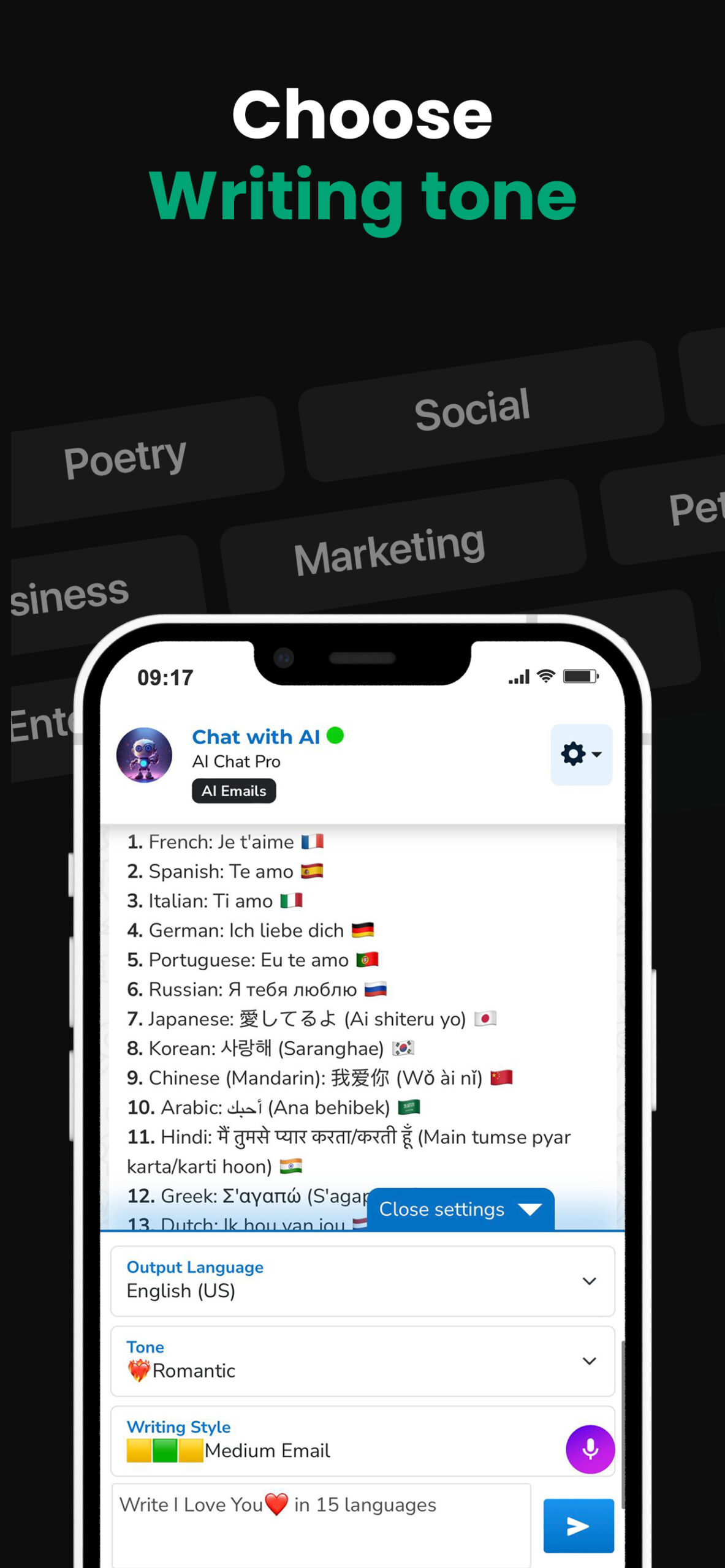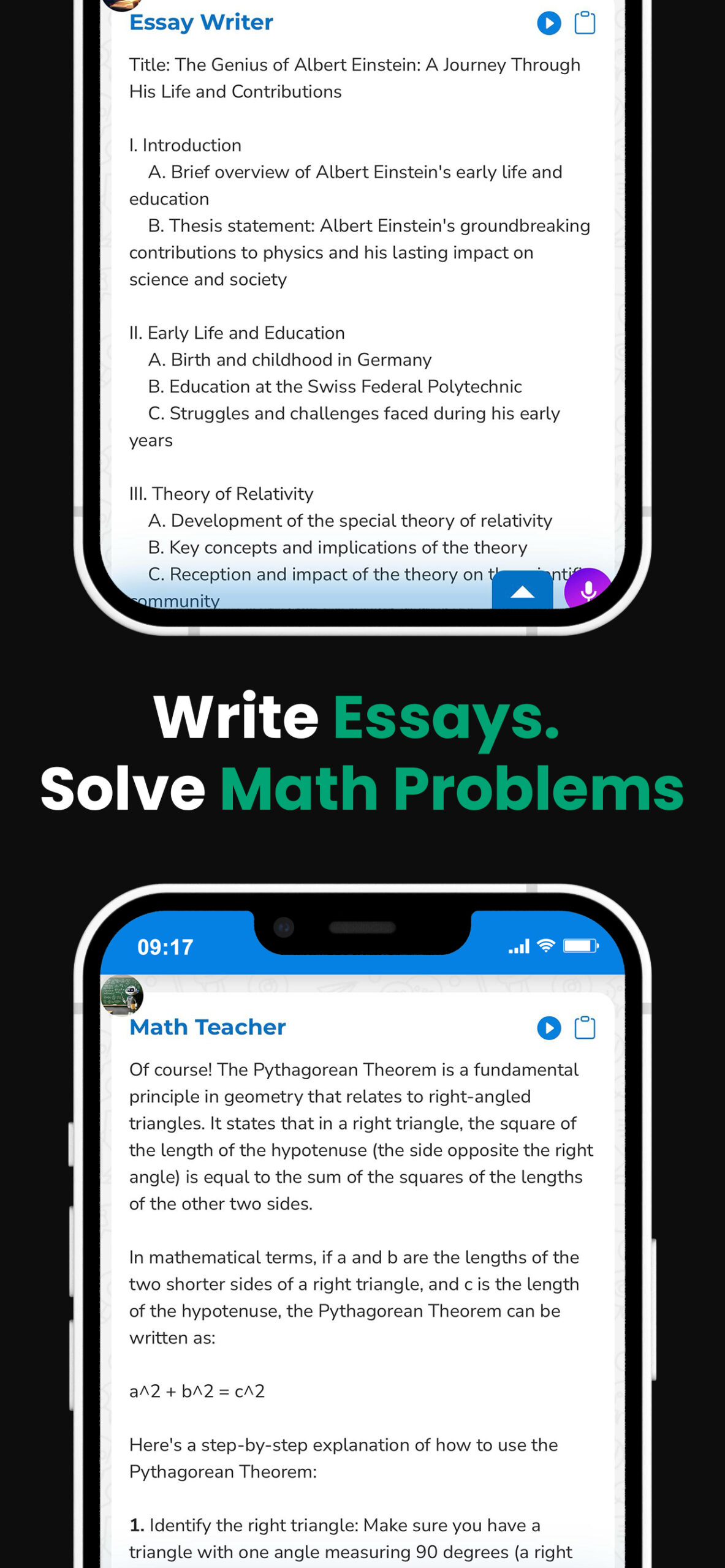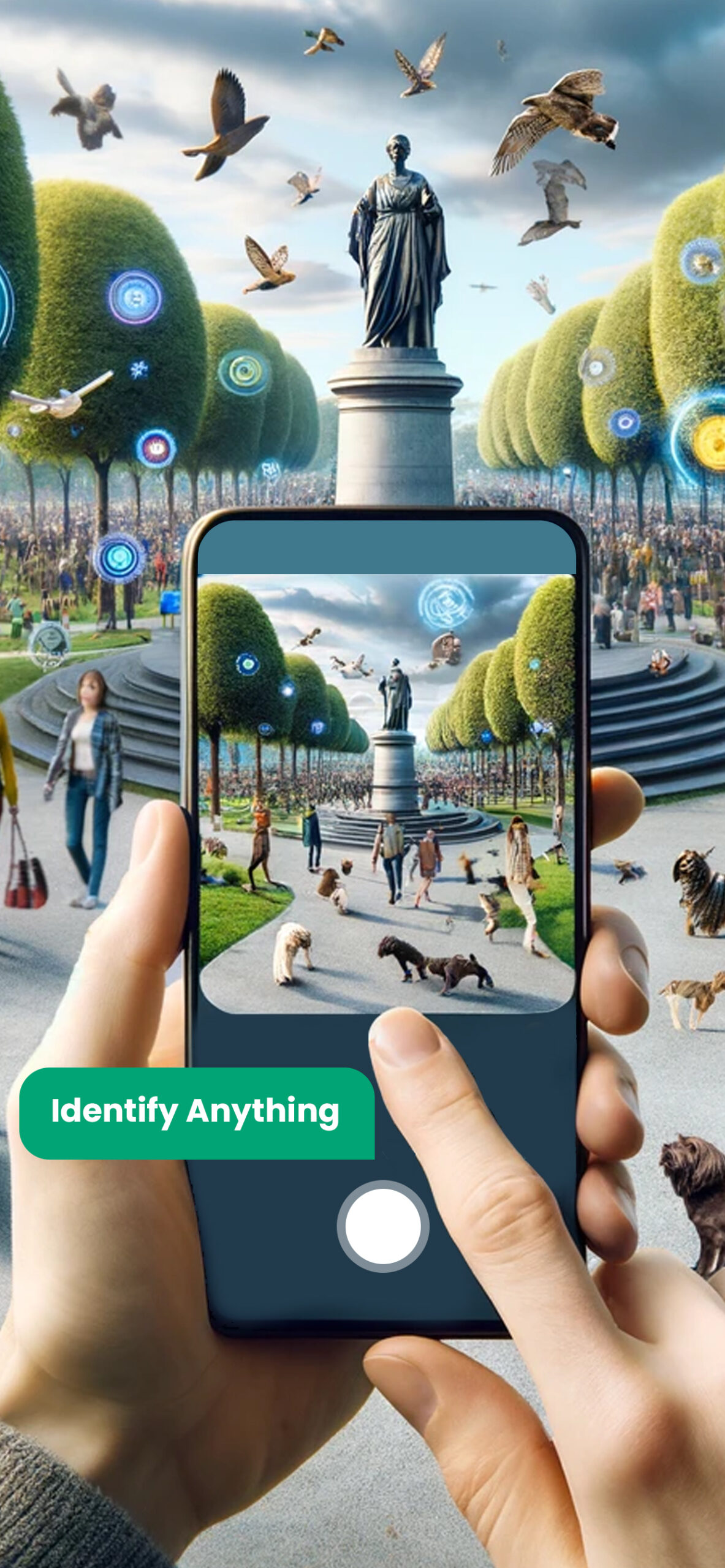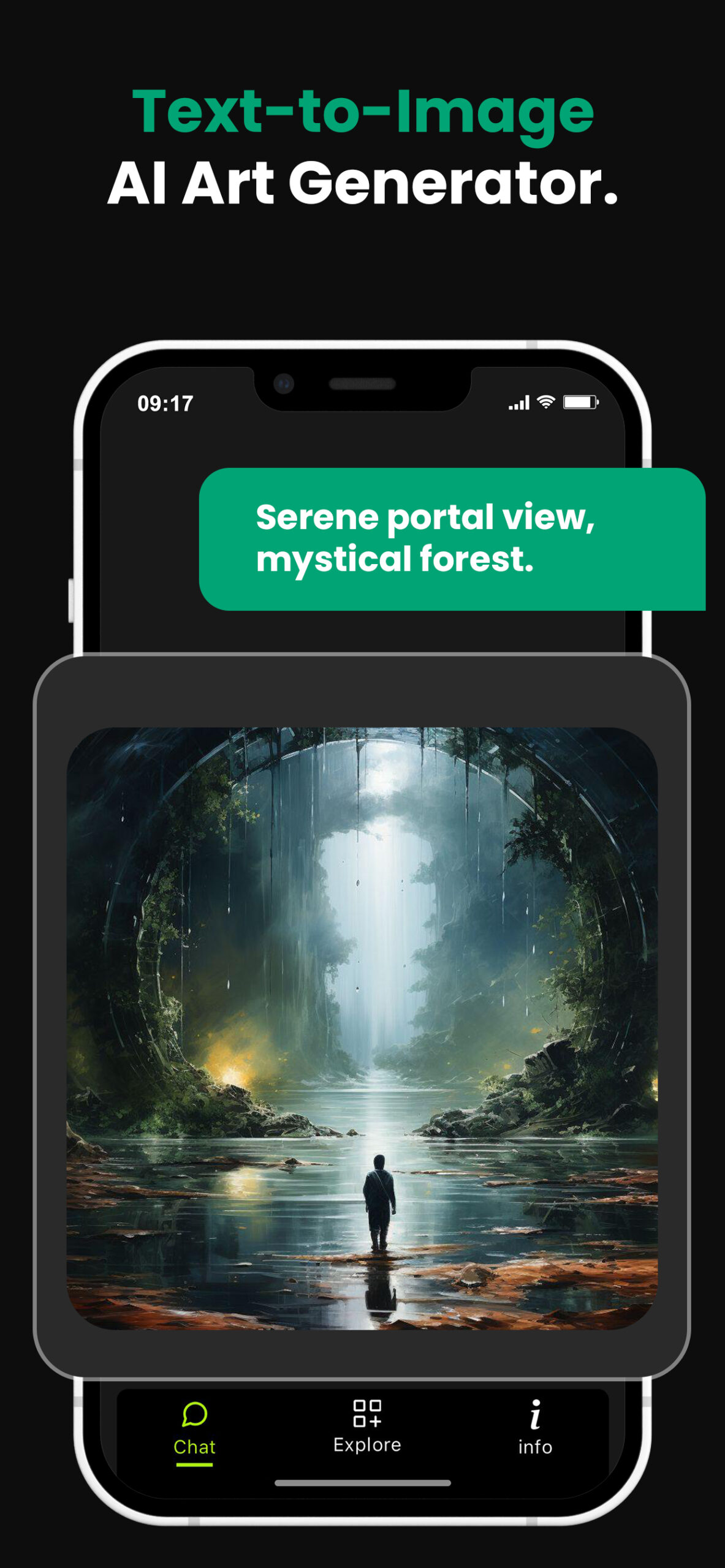Strategies to Access Chat GPT Globally Despite Geographical Restrictions
Ever tried accessing the Chat GPT only to be met with the frustrating message, “not available in your country”? I’ve been there, and I know how it feels. It’s a bummer, especially when you’re keen on exploring this advanced AI technology.
Chat GPT, developed by OpenAI, has revolutionized the way we interact with machines. It’s a powerful tool, but unfortunately, it’s not accessible worldwide. In the next sections, I’ll delve into why this may be the case and what you can do about it.
PowerBrain AI Chat App powered by ChatGPT & GPT-4
Download iOS: AI Chat
Download Android: AI Chat
Read more on our post about ChatGPT Apps & Chat AI App
Key Takeaways
- Chat GPT, an AI tool developed by OpenAI, is not available worldwide due to regulatory and legal factors, language and cultural complexities, and infrastructure requirements.
- Compliance with different regions’ artificial intelligence laws is a significant factor limiting the availability of the Chat GPT system.
- Localizing Chat GPT is a complex process because it requires understanding and adapting to various languages and cultural contexts, which present both time and cost implications.
- Countries need a robust and secure IT infrastructure to support the real-time responses offered by the Chat GPT system, which can be a limiting factor in some regions.
- Some potential workarounds to gain access to Chat GPT in regions where it is not available include using Virtual Private Networks (VPNs), using third-party applications that have integrated OpenAI’s GPT-3, or turning to decentralized AI solutions.
- OpenAI could potentially expedite the global accessibility of Chat GPT by streamlining infrastructure requirements and establishing a unified global compliance framework.
- However, all these alternatives come with their own challenges and potential drawbacks and should be considered in light of legal and ethical considerations.
- Read more: ChatGPT no restrictions & ChatGPT High Volume.
Why is Chat GPT not available globally?

As an AI enthusiast, I’ve often wondered why an innovation as influential as Chat GPT by OpenAI isn’t available in all corners of the world. If you’re reading this, chances are you’re curious about the same. Let’s dive into the root causes of this issue.
First off, regulatory and legal factors play a significant role. In essence, different countries have varying regulations pertaining to the use, distribution, and governance of artificial intelligence technologies. OpenAI, as a responsible entity, must comply with these laws – thereby leading to certain geographic restrictions.
Next, the issue of localization and cultural nuances can’t be overlooked. Chat GPT is primarily based on data from English language sources. Applying it globally requires the system to understand and adapt to various local languages and cultural contexts. This is no small feat, and it involves extensive research and development, presenting both time and cost implications.
Finally, the infrastructure requirements for deploying and maintaining such systems are hefty. Countries must have sufficiently strong internet and IT infrastructures to support Chat GPT’s real-time responses. Hence, OpenAI might still be in the process of assessing these capabilities internationally.
By grasping these factors, you’re halfway there to understand why Chat GPT might not be available in your country. Yet, there’s also the matter of finding solutions, isn’t there? Stay tuned as we explore options to access this exciting AI tool regardless of your geographic location.
Understanding the limitations
For those wondering, “Why is Chat GPT not available in my country?”, the answer lies in a blend of regulatory nuances, localization complexities, and infrastructure necessities.
I’ve earlier discussed that compliance with a country’s policies is a paramount consideration for any technology deployment. It’s essential because every region has its unique legislative landscape and data privacy laws; thus, the wider the spread, the more diverse the compliance demands. For instance, Europe’s stringent GDPR regulation dictates comprehensive user consent for data use – a must-comply for any AI-based services like Chat GPT. Such legal barriers aren’t one-size-fits-all, creating sizable hurdles for global tech adoption.
With localization comes the requirement for the product to be adaptable not just linguistically but culturally. Even sophisticated AI like Chat GPT may stumble when facing language intricacies and cultural nuances. Imagine a native Japanese speaker interacting with Chat GPT, expecting it to understand the language’s complex honorific system. Considering every region’s linguistic and cultural depth is another significant challenge for OpenAI.
Lastly, an indispensable constraint, i.e., the infrastructure requirement, often goes unnoticed. The technology behind Chat GPT necessitates a robust, scalable, and secure infrastructure – both on the part of service providers and users. Countries with limited internet connectivity or those still in the early stages of digitization may not meet these requirements.
However, it isn’t all doom and gloom. With these challenges understood, we can begin to see a clear path towards the possible solutions. This understanding comes as an initial stage in the long roadmap to make Chat GPT available regardless of geographical boundaries. Next, let me guide you through potential ways to overcome these limitations.
Exploring alternative options
As we navigate the complexities of making Chat GPT universally accessible, we can’t ignore the potential of alternative strategies. Virtual Private Networks (VPNs) seamlessly overcome geographical barriers. Leveraging this technology, users can mask their location, making it seem as if they’re accessing the internet from a different region. It’s a possible workaround for users longing to use Chat GPT in regions where it’s yet to roll out.
However, It’s important to remember that the use of VPNs has its own set of legal and ethical considerations. In some countries, their usage is strictly regulated or even prohibited. So, while VPNs might seem like a quick fix, they aren’t sustainable long-term solutions.
Another alternative could be seeking third-party applications that have integrated OpenAI’s GPT-3 into their services. Some of these may offer functionality similar to Chat GPT and might be available in regions where Chat GPT itself isn’t accessible. Here again, it’s advisable only to trust applications that respect user privacy and comply with data protection regulations.
In-house efforts by OpenAI could also set the wheels in motion. Suppose the organization could streamline infrastructure requirements and establish a globally unified compliance framework. In that case, they could dramatically expedite the process of making Chat GPT accessible on a global scale.
Perhaps the most sustainable option lies in decentralized AI solutions that can bypass traditional barriers by leveraging blockchain technology and peer-to-peer networks. This model reduces reliance on a central server, making AI services more robust, universally accessible, and less liable to regulatory hitches.
These are just a handful of possible strategies. Pushing boundaries and thinking outside the box could pave the way for more innovative, sustainable solutions. Let’s see how this story unfolds.
Note: This is not an endorsement of unlawful activities. Consult the legal compliance in your area before considering a third-party application or VPN usage.
Overcoming the restrictions

As we navigate this landscape, it becomes crucial to understand how the hurdles of Chat GPT accessibility can be overcome. The demand is growing, yet the inability to use these AI tools due to geographical constraints is a matter to be addressed.
One such workaround is through the use of Virtual Private Networks (VPNs). VPNs mask your IP address, tricking the system into believing you’re accessing the platform from a permitted location. It’s a common method employed by digital nomads and global citizens to bypass regional restrictions.
However, VPNs come with their own set of complications. Often, the use of VPNs may be against the site’s terms of service. Misuse might lead to account suspension. Moreover, the choice of VPN is essential because not all provide sufficient cybersecurity measures.
In this perspective, third-party applications integrating GPT-3 have been considered a promising approach. These applications can provide worldwide access to the AI model, leveling the playing field for developers and businesses globally.
Another buzzworthy mention is the role of decentralization and the possibility of leveraging blockchain technology. Decentralized AI solutions deliver a system where the resource is universally accessible, providing solutions around traditional barriers.
Importantly, OpenAI’s in-house efforts are also underway. Streamlining infrastructure and compliance, they aim to offer broader global accessibility, serving users across many regions.
While these alternatives provide ways around the issue, they’re not typically simple or straightforward. Each comes with its own set of challenges and potential drawbacks.
Conclusion
As we’ve navigated the issue of Chat GPT’s limited availability, it’s clear there’s no one-size-fits-all solution. VPNs offer a quick fix but come with potential risks. Third-party integrations and decentralized AI solutions present exciting possibilities, yet they’re not without their own challenges. OpenAI’s ongoing efforts to broaden accessibility are commendable, but it’s a complex process with no immediate resolution in sight. While it’s frustrating when technology like Chat GPT isn’t available in your country, remember that workarounds exist and progress is being made. The future of AI is global, and it’s only a matter of time before everyone can access these powerful tools.
Frequently Asked Questions
How can I enhance the accessibility of Chat GPT?
Several strategies exist for bypassing geographical restrictions on Chat GPT’s accessibility. Using a VPN may serve as a workaround, although this might lead to terms of service violations. Alternatively, you could use third-party applications that have integrated GPT-3 into their systems.
What is the potential solution for global access to GPT-3?
Third-party applications that have integrated GPT-3 into their systems offer a promising way to achieve global access. Decentralized AI solutions leveraging blockchain technology are also potential vehicles to broaden global access.
What are the possible issues with using a VPN to access GPT-3?
Using a VPN could violate the terms of service agreements and may lead to service disruptions or even access termination. It’s important to evaluate these risks prior to taking this approach.
How is OpenAI addressing access issues?
OpenAI is actively working on improving its infrastructure and compliance to address geographic access restrictions. However, timelines and specific solutions are not specified in the article.
Are there drawbacks to using third-party applications for GPT-3 access?
While third-party applications present a promising solution, complexities can arise in terms of data privacy, service quality, and dependability. Careful selection and evaluation of these third-party providers are necessary.
Is blockchain technology a reliable solution for GPT-3 access issues?
Blockchain technology in the form of decentralized AI represents a potential solution. However, complexities such as the technological maturity of these solutions, their scalability, and potential legal and regulatory challenges must be considered.







